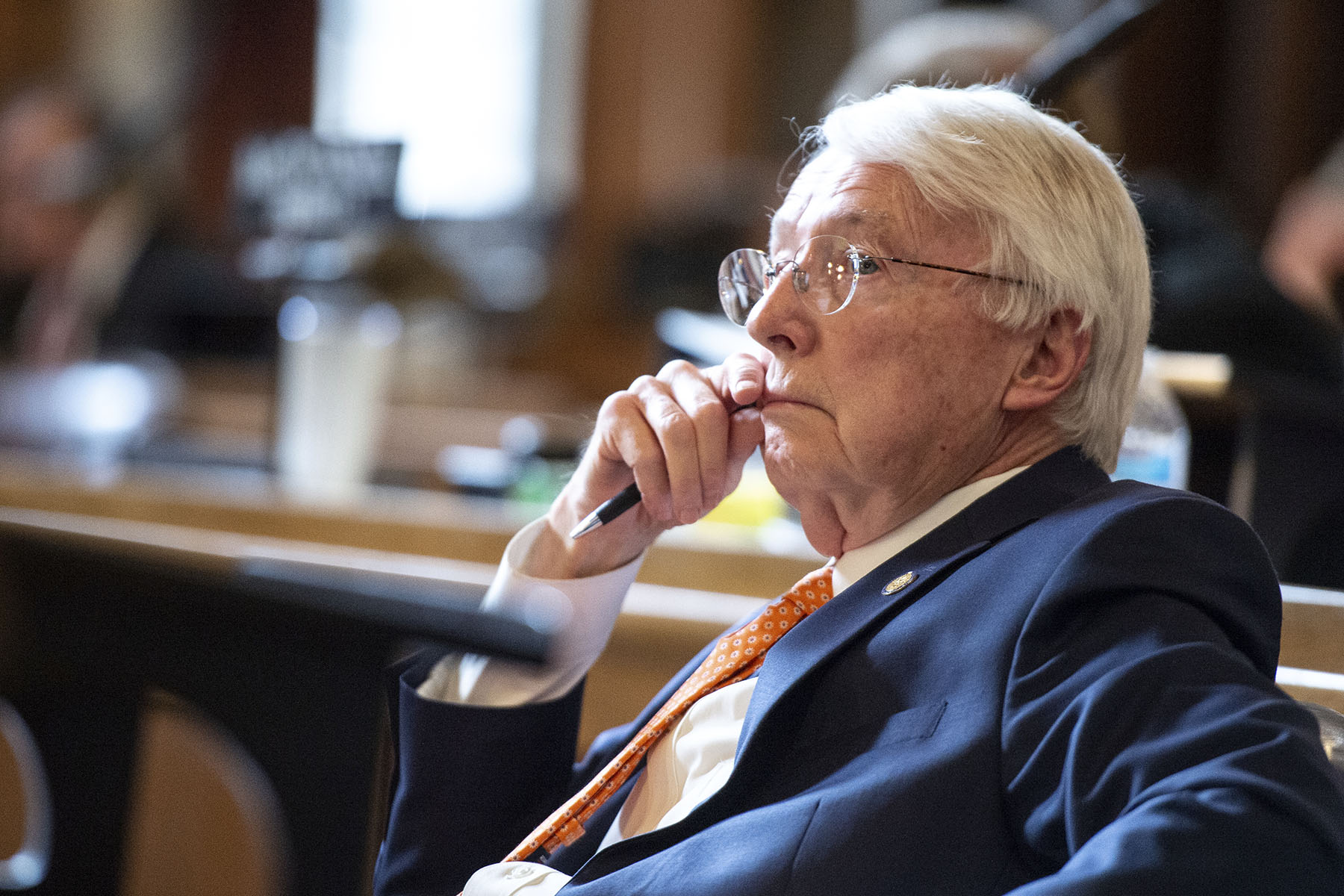Your trusted source for contextualizing abortion news. Sign up for our daily newsletter.
Three states, all with Republican supermajorities, are poised to debate and vote on abortion bans Tuesday, potentially further chipping away access to care across the country and creating an abortion desert across the South.
South Carolina’s Republican-led legislature will convene at noon for a special legislative session. The House of Representatives will debate and likely vote on an abortion ban after six weeks of pregnancy. A version of that proposal has already passed the state Senate, though the House’s amended draft will require reapproval from the upper chamber before sending it to the governor’s desk. Gov. Henry McMaster has indicated that he would sign the six-week ban, which would take effect immediately.
North Carolina House Speaker Phil Berger said that lawmakers will vote Tuesday evening on whether to override Democratic Gov. Roy Cooper’s veto of a 12-week abortion ban on Saturday. The GOP holds a one-vote supermajority in the state legislature, and will require every Republican lawmaker to support undoing the governor’s veto.
And in Nebraska, where a proposed six-week abortion ban died after a legislative filibuster, the unicameral legislature is scheduled to consider a bill that would ban gender-affirming surgery for transgender youth and potentially restrict access to hormone therapy. Anti-abortion lawmakers have amended that bill so that it would also ban abortion for anyone past 12 weeks.
It’s not yet clear if a supermajority of Nebraska Republicans are on board with the bill, or if the same Republican lawmaker who rejected the state’s recent six-week abortion ban — denying the party a filibuster-proof majority — will similarly oppose this one. The state’s amendment process means that if the Nebraska bill is not voted down Tuesday, it will have to be approved one more time on Thursday by state lawmakers. The Nebraska governor has expressed support for restricting abortion in the state.
Currently, abortion is legal up to 20 weeks in Nebraska and North Carolina, and up to 22 weeks in South Carolina, where the state Supreme Court recently stopped a six-week abortion ban from taking effect.
Restrictions in the Carolinas could effectively end access to most abortions in the South. In a sea of near-total bans, Georgia only allows abortion up to six weeks. Florida does not allow the procedure past 15 weeks, and recently passed a six-week ban which has not yet taken effect due to a pending court case.
-
Explore Our Abortion Dashboard:
-
Explore Our Abortion Dashboard: What abortion looks like in every state — right now
Since Roe v. Wade was overturned last summer, North Carolina has seen one of the largest percentage increases in patients seeking abortions in the state. Health care providers in the state say that the state’s 12-week limit — combined with other new restrictions on mailing medication abortion and an in-person visiting requirement — would be nearly impossible for out-of-state patients to meet.
Preliminary data from South Carolina also suggests that people have traveled there for care, seeking abortions from one of the state’s three clinics. The state reported an increase of about 1,000 abortions in 2022 compared with 2021, with close to half of all patients now coming from out of state. No clinic in South Carolina provides abortions past 14 weeks.
A ban in Nebraska would have less of a regional impact but would still be significant. Currently, three abortion clinics operate in the state, and two of them provide abortions for patients up to 17 weeks of pregnancy. Research from the Society for Family Planning suggests that the state has seen a small increase in abortions provided since Roe was overturned, indicating that on average a dozen more people each month are currently seeking abortions in Nebraska. The increase, researchers believe, likely stems from traveling from states that have banned access to the procedure.
If the state’s ban is passed, patients seeking abortion past 12 weeks would have to travel from Nebraska to Kansas or Colorado, where clinics in both states have reported massive increases in patients since last year. Though abortion is legal in Iowa, no clinics in the state provide it past 11 weeks.








